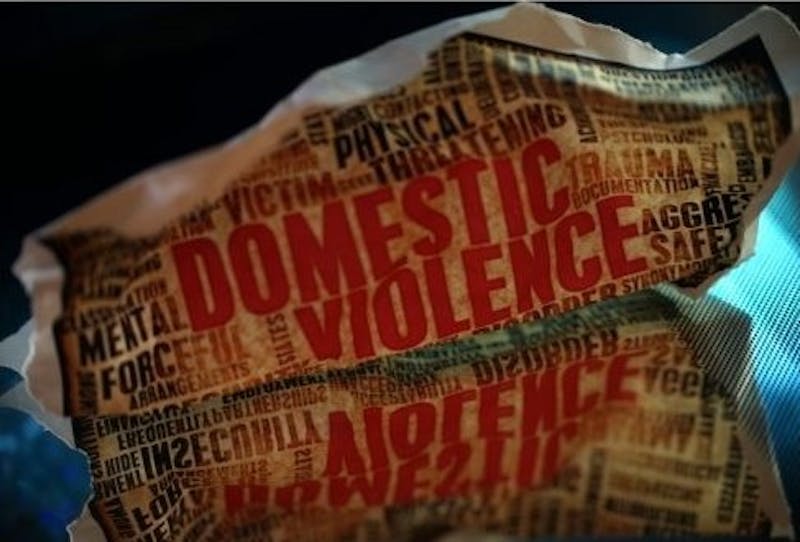
Date: Jul 26 2021
Domestic Violence in Florida
Every minute of every day there are acts of violence happening in homes to women and children by family members. In 2019 Florida had over 105,000 cases of domestic violence reported to police. Sadly, this is only a fraction of the actual number of cases of domestic violence as many go unreported. Abuse can be a vicious cycle that continues through generations. Children who have been abused or have witnessed abuse at home can become abusers themselves as they become adults.
Many women who have been abused by their husbands are afraid to report the abuse out of fear of the violent repercussions from their spouse. Unfortunately, these women stay in abusive marriages out of fear and feeling they have no where to go for help. This puts their lives and the lives of their children in danger.
Florida has firm domestic violence laws that are designed to protect victims and their children. Florida Statute 741.28 defines domestic violence as “any assault, battery, aggravated battery, sexual assault, sexual battery, stalking, aggravated stalking, kidnapping, false imprisonment or any criminal offense against a spouse child or other family member by another family member.”
Domestic Violence and Divorce
Florida is considered a no-fault divorce state. This means that domestic violence is not considered a reason for divorce, you only have to claim irreconcilable differences. If you are a victim of abuse you may live in constant fear of your abuser and the hold they have on you may make you feel as if you have no options. You do not have to stay in an abusive relationship, Florida laws can protect you and work in your favor in your divorce settlement.
Property and Asset Division - Florida is considered an equitable distribution state. Courts try to equally divide the assets and property of the marriage equally. However, if a spouse is a victim of domestic violence, they may be entitled to a larger share of the assets as well as the family home. If you do not have a safe place to go, a temporary domestic violence injunction can be obtained that forces the abuser to leave the family home and prevents them from having any contact with the you. This not only keeps you safe but allows you to stay in your home without the threat of abuse.
Alimony – In awarding alimony judges look at many factors such as education, income and earning potential. In the case of domestic violence, this could affect the amount of alimony especially if the abuse impacted the victim’s ability to work. Typically, abuse is about control, and this can often be exhibited in marital finances. Abusers like to make their victims dependent on them, and this extends to money. An abuser may not let their spouse work or give them limited amounts of money to make them financially dependent. Judges take this abuse into consideration and may grant the victim more alimony, especially when they need assistance to get back on their feet.
Child Custody – Florida courts think that it is in the best interests of the children in divorce for both parents to be involved in their lives. The biggest impact of domestic violence can be seen in child custody. If there is violence in the home the judge may order that the abuser have supervised visits only with the children or visits in public places only. Overnight visits could be prohibited. In cases of extreme abuse the judge may decide on no visitation with the children. It is all based on the best interests of the children and if the parent’s behavior negatively affects them.
Domestic violence can play a significant role in your divorce. If you are a victim of abuse you need to disclose this to your attorney. Your conversations are confidential, and you should not be ashamed or embarrassed. Abuse happens to many different types of women in many different situations, it is not your fault. Your attorney is your advocate, and it is in your best interest to be open and honest about your situation.
If you are in an abusive relationship, make a safety plan and get you and your children out of the situation. When abuse happens, call the police and file a domestic violence report. You can also obtain a restraining order that prohibits them from contacting you or coming near you in anyway. You are not alone, we are here to represent women just like you to help you get through this and onto a better and happier life.

